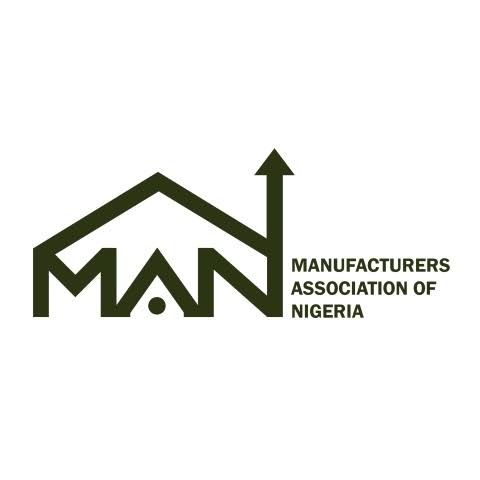The Manufacturers Association of Nigeria (MAN) has called on the Lagos State Government to reconsider the implementation of the ban on single-use plastics (SUPs).
The ban is scheduled to take effect on July 1, 2025 as announced by the Lagos State Government’s Ministry of Environment.
But MAN has described it as “a move in the wrong direction” in a public statement that was issued today by the Director General of MAN, Mr. Segun Ajayi-Kadir.
The public statement, which was titled “Re-Examining the Lagos State Ban on Selected Single Use Plastic,” said that the ban would cause jobs losses, reduce feedstock for recycling plants as well as loss of revenue to manufacturers that sell their products in other states and export to neighbouring African countries.
The statement also said that the sustainable remedy is for Nigeria to encourage the plastic recycling industry.
Ajayi-Kadir submitted that “plastic products are not the problem,” but the absence of effective plastic waste management system .
“There is objective evidence that one of the major causes of SUPs pollution in Nigeria, Lagos inclusive, is a function of the inadequate waste collection and management system in the country.
“The practice of dropping skips bins for waste collection in markets and crowded areas, which releases a lot of waste into the environment, the absence of sorting infrastructure such as material recovery facilities, and low recycling rates are significant issues in the system.”
He asserted that “it is the failure of management of plastic waste that may result in adverse environmental and social impacts.
“Therefore, advancing provision for improving plastic waste collection is critical to fully harness its associated value, which includes improved livelihoods through increased income; job creation opportunities, and a boost in government revenue through payment of tax.
“The state governments need to support improved plastic recycling with infrastructure, especially the leasing of lands as dumpsites for sorting at scale to enable recyclers to access plastic feed stocks,” he said.
The manufacturers association noted that the proposed ban on SUPs by Lagos State Government did not have the input of manufacturers and other stakeholders.
It said: “The industry was not given a room for any form of discussion on the challenges that could be associated with the ban and how to mitigate them.
“The process for the pronouncement of the ban on SUPs in Lagos State was not inclusive.
“It began with the development of the draft Lagos State Plastic Waste Management Policy (LSPWMP), requesting that manufacturers should mandatorily subscribe to the creation of a Lagos State Plastic Waste Fund, a complete duplication of the Extended Producer Responsibility Programme (EPRP),” which being concurrently implemented and has been embraced by about 40 members of the MAN through the Food and Beverage Recycling Alliance (FBRA).
The association also pointed out that the state government opted for the easiest approach to address the issue of plastic pollution without looking at “the most sustainable approach that gives balanced attention to social, economic, and environmental considerations.
“Addressing SUP waste mismanagement through a ban will not bring about a lasting solution; it will only be a replacement of the polluting material.”
Ajayi-Kadir stated that a recent study that evaluated the possible impacts of the proposed ban on SUPs “revealed significant adverse economic, operational, and social implications across the value chain, from manufacturers to wholesalers, traders, and end users.”
He also said that the proposed ban was not informed by credible data, as it is predicated on “the unsubstantiated claim that plastics, and especially some single-use plastics (SUPs), are associated with adverse health and environmental impact and therefore need to be banned.”





